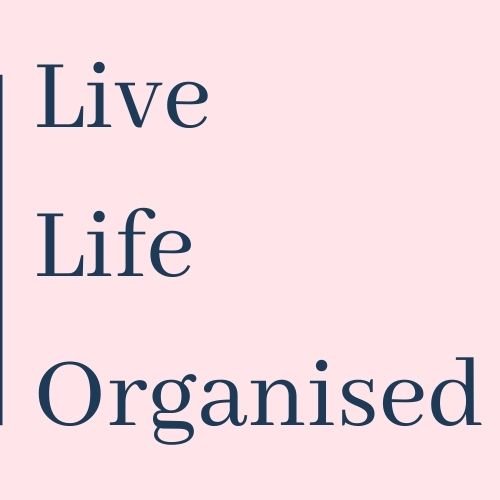How decluttering can help your mental health!
In today's fast-paced world, prioritising mental health has never been more important. While strategies like regular exercise, good sleep hygiene, a balanced diet and self-care activities are widely known, there's one powerful yet often overlooked tool that can significantly impact your mental well-being: decluttering.
In a study by Choosii, of Australian residents, close to half (46.3%) of respondents described their homes as reasonably cluttered and a quarter (25.4%) of the respondents’ said clutter was creating stress or anxiety in their lives.
How can decluttering positively impact our mental health?
Here are 7 benefits you can reap from decluttering and living in an organised space::
Reduced Stress and Anxiety: Cluttered spaces can overwhelm the mind, leading to increased stress and anxiety levels. Researchers have found that people who live and work in cluttered spaces have higher levels of cortisol (stress hormone) in their body and are more susceptible to feeling depleted of energy and depressed By decluttering your environment, you create a sense of order and calm, allowing you to feel more relaxed and at ease.
Improved Focus and Concentration: In cluttered environments we have difficulty focusing, are distracted, and often have impaired decision-making, as our brains can only focus on so many stimuli at a time . Studies have shown people with cluttered homes tend to procrastinate on important tasks . A clutter-free environment promotes mental clarity and enables you to focus better on tasks at hand. Without distractions from unnecessary clutter, you can enhance your productivity and efficiency.
Enhanced Mood: Studies have shown that living in a clutter-free space can positively affect mood and overall well-being. The act of decluttering can be cathartic, providing a sense of accomplishment and satisfaction. The daughter of one of my clients recently told me “mum still opens the pantry cupboard every day to admire it”.
Boosted Energy:. Clutter isn't just physical; it's an energy drainer. Those piles and stacks hold a bit of mental weight too. Imagine tossing that out—suddenly, your space feels lighter, and so does your energy.
Improved Sleep: Your bedroom is your sanctuary, right? But if it's cluttered, your brain might still be in "work mode" when it should be winding down. Visual clutter in your bedroom can create stress, which means it is harder to relax and calm your mind for sleep. A tidy sleep space signals your brain that it's time to relax, resulting in better sleep quality.
Improved relationships: More than 2 in 5 people have had arguments about the clutter in their home and I in 9 reports a serious long-term role in their relationships. . By decluttering your living space, you create a more harmonious environment that fosters positive interactions and reduces tension. Clearing clutter can promote better communication and understanding in relationships, leading to greater overall satisfaction and connection.
Promotion of Mindfulness: Decluttering requires you to be present and mindful as you assess your belongings and make decisions about what to keep, donate, or discard. This mindfulness practice can help reduce rumination and promote a sense of inner peace.
Incorporating decluttering into your self-care routine can complement other mental health strategies and amplify their effectiveness. By creating a harmonious and clutter-free environment, you pave the way for a healthier mind and happier relationships. And remember, most people hold on to things they don’t want, need or use, so please remember to be kind to yourself and others in your household about the clutter.
Not sure where to start? Or feel like you need support to tackle your tidying?:
Follow along on my socials, Live Life Organised | Facebook , Instagram @live_life_organised ,
Sign up for my free PDF Guide (Essential Decluttering Checklist) and weekly emails
Book a free 30-minute consultation to discuss your tidying and organising needs


